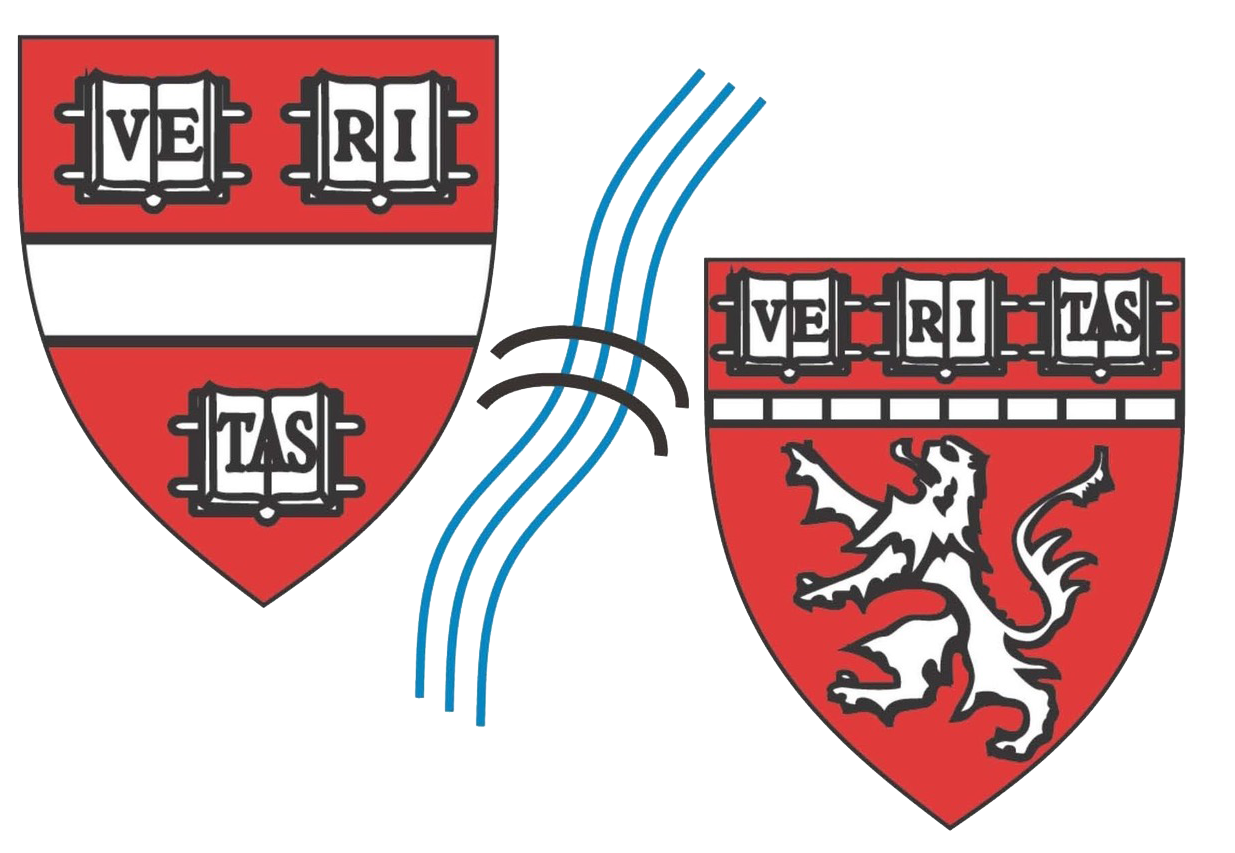Maria K. Lehtinen, Ph.D.
Department of Pathology, Boston Children's Hospital, Harvard Medical School

Cerebrospinal Fluid-based Signaling During Brain Development and in Disease.
Defined numbers of neural precursor cells are remarkably synchronized in their task to form the brain, yet no central command coordinating this process has been identified. Neural precursors divide immediately adjacent to cerebrospinal fluid (CSF)-filled ventricles, suggesting that the cerebrospinal fluid plays an important role in instructing brain development. We know that the CSF flows through the brain’s ventricles, and fills the spinal canal and subarachnoid space. The CSF is well established in its passive roles as a fluid cushion for the nervous system and as a passive sink for waste, some of which can be used as biomarkers for disease. Our research has recently revealed that the CSF proteome is both elaborate and dynamic, and that in addition to its passive roles, the CSF actively provides a rich and adaptive library of secreted factors that coordinate neurogenesis.
During embryonic brain development, secreted factors in the CSF bind to receptors located along the ventricular surface of progenitor cells, thus providing instructive cues that activate signaling pathways in these cells. Many signals in the CSF demonstrate age-dependence. For example, the expression of Igf2 in CSF peaks during embryonic brain development, during which Igf2 binds to its receptors located on the surface of neural precursor cells and instructs neural precursors to divide. Much of the proliferative effect of CSF is attributable to Igf2, but the CSF is a rich source other signaling activities as well. The ability of secreted factors in the CSF to stimulate signaling in precursors relies on appropriately positioned signaling machinery at the ventricular surface, underscoring the importance of precursor cell polarity and the integration of cell-intrinsic and cell-extrinsic signaling during brain development.
These findings raise many exciting questions about the brain-CSF interface. We employ diverse experimental approaches that draw on molecular, developmental, and systems neuroscience, as well as biochemistry and genetics to investigate:
•Temporal control of CSF signaling
•Active regulation of the CSF environment
•Precursor cell polarity and sensing of CSF distributed factors
•CSF signaling in neuropathological conditions
Our goal is to ultimately understand how the CSF provides a key adaptive and instructive signaling niche throughout life.
Selected Publications:
Lehtinen, MK*, Zappaterra, MW*, Chen, X, Yang, Y, Hill, A, Lun, M, Maynard, T, Gonzalez, D, Kim, S, Ye, P, D’Ercole, AJ, Wong, ET, LaMantia, AS, and Walsh, CA, 2011. “The cerebrospinal fluid provides a proliferative niche for neural progenitor cells.” Neuron 69(5): 893-905. Highlighted in [A] Nature as Research Highlight 471:269; [B] Anna Buckley and Chay T Kuo: Faculty of 1000, 5 April 2011; [C] Selected as Hot Topic by Society for Neuroscience, 2011. PMCID: PMC3085909.
Lun, MP, Johnson, MB, Broadbelt, KG, Watanabe, M, Kang, Y-J, Chau, KF, Springel, MW, Malesz, A, Sousa, AMM, Pletikos, M, Adelita, T, Calicchio, ML, Zhang, Y, Holtzman, MJ, Lidov, HGW, Sestan, N, Steen, H, Monuki, ES, Lehtinen, MK, 2015. “Spatially heterogeneous choroid plexus transcriptomes encode positional identity and contribute to regional cerebrospinal fluid production.” J Neuroscience, 35(12): 4903-4916. PMCID: PMC4389594.
Lun, M., Monuki, ES, and Lehtinen, MK, 2015. “Development and functions of the choroid plexuscerebrospinal fluid system.” Nature Reviews Neuroscience 16(8)445-57. PMCID: PMC4629451.
Chau, KF, Springel, MW, Broadbelt, KG, Park, H-Y, Topal, S, Lun, MP, Mullan, H, Maynard, T, Steen, H, LaMantia, A-S, Lehtinen, MK, 2015. “Progressive differentiation and instructive capacities of amniotic fluid and cerebrospinal fluid proteomes following neural tube closure.” Developmental Cell 35(6):789-802. Highlighted as Featured Article. PMCID: PMC4691285.
Mathew, RS, Mullan, H, Blusztajn, JK, Lehtinen, MK. Technical Comment on, “Multiple repressive mechanisms in the hippocampus during memory formation.” Science 2016 353(6298) 453.
Contact Information
320 Longwood Avenue, Boston, MA 02115
